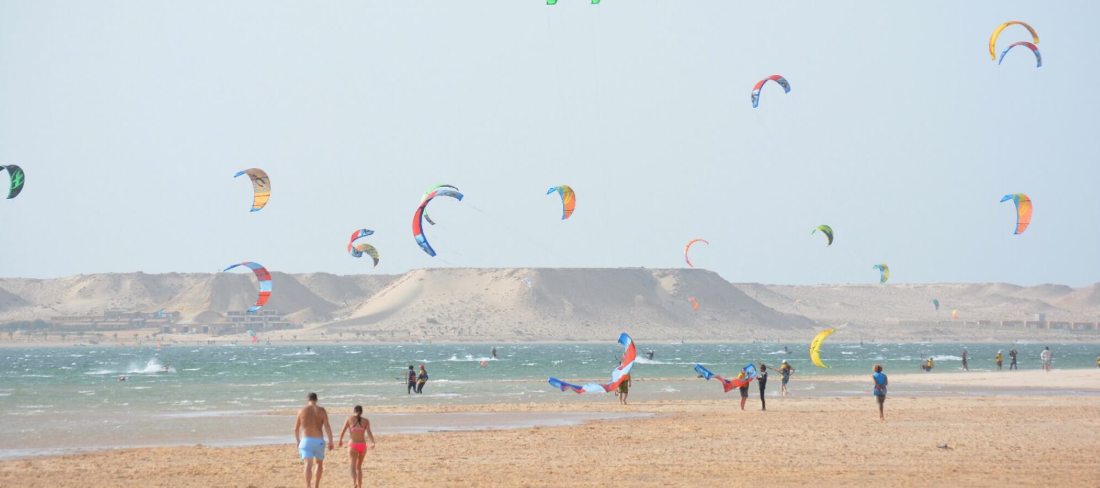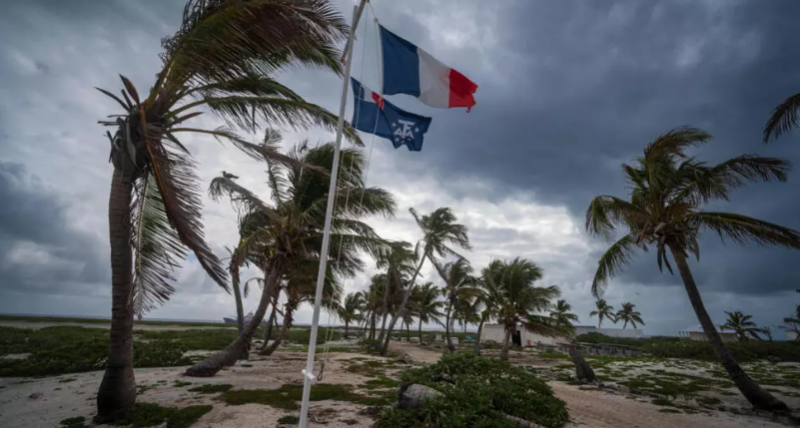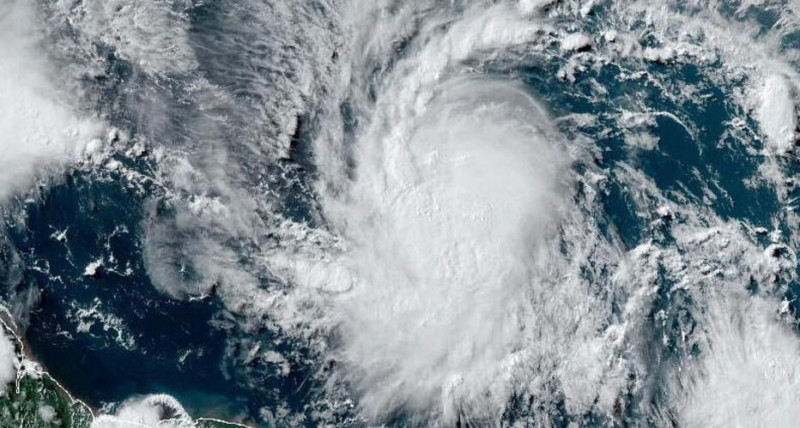
The Moroccan Institute of Strategic Intelligence (IMIS) has just released a policy paper titled “Blue Economy in Atlantic Africa – Dakhla: A ‘Success Story’ from the South Facing New Challenges.” Led by Kabiné Komara, a renowned African expert in economic and industrial development and former Prime Minister of Guinea, this report aims to understand and analyze the governance and competitiveness factors that have allowed the Dakhla-Oued Eddahab region to stand out in this sector, while also addressing broader economic considerations.
A Study on Dakhla’s Blue Economy Success Story
Commissioned by IMIS, the report explores the necessary pathways and means to enhance the socio-economic outcomes of the current ecosystem, as well as the best strategies to tackle challenges at the crossroads of climate transition, geo-economics, and development economics.
A Rapid and Effective Economic Transformation in 20 Years
Dakhla’s blue economy boom is described as a “unique example of rapid and effective economic transformation.” In just two decades, the city has evolved from a simple fishing port into a leading industrial and logistics hub.
The choice of Dakhla-Oued Eddahab for this policy paper is significant, as the region embodies key characteristics essential to understanding the factors behind industrialization and development success in less than 20 years.
Understanding Key Disruptions
According to the report, research was conducted from October 2024 to January 2025. The study was carried out by Abdelmalek Alaoui, President of the IMIS think tank, alongside lawyer Ghalia Mokhtari, economic and energy strategy expert Hicham Kasraoui, communication consultant Bechar Benmoumen, and public-private strategy consultant Victor Pauvert.
Their methodology combined on-the-ground interviews and in-depth sectoral studies, analyzing Dakhla’s national, regional, and international context to better grasp the disruptions and enduring factors shaping this highly strategic sector for the economy, industry, and food security.
Key Figures on Dakhla’s Blue Economy
- Over 3 billion dirhams (€300 million) in annual added value
- 32 RSW (Refrigerated Sea Water) vessels specializing in small pelagic fishing
- 40 industrial units dedicated to seafood processing
- 14,000 direct jobs and over 40,000 indirect jobs
- 77% of local business revenue comes from exports, with products reaching over 120 countries
Recommendations for Sustainable Development
The authors provide ten key recommendations, structured into five main areas, to ensure the resilience and sustainability of Morocco’s blue economy:
- Strengthening collaboration and governance
- Integrating public and private stakeholders into joint research programs
- Enhancing marine resource monitoring capabilities through scientific research investments
- Promoting innovation and sustainability
- Developing modern infrastructure to optimize resource processing and valuation
- Limiting negative environmental impacts with eco-friendly technologies
- Responding to the Court of Justice of the European Union (CJEU) ruling
- IMIS suggests negotiating a dual short-term/long-term approach to secure the Morocco-EU partnership
- Recommends establishing a Transition Fund (FST), financed by the EU and international partners, to offset tariff increases and support economic growth in Morocco’s southern provinces
- Adapting local policies and practices
- Implementing training programs to enhance local skills
- Aligning regional regulatory frameworks to ensure consistency and effectiveness
- Enhancing resilience and education
- Establishing targeted social protection programs, including safety nets, reskilling programs, and solidarity funds
- Developing training programs tailored to the specific needs of blue economy professionals
A Model for the Future
The policy paper concludes that Dakhla’s blue economy should continue to serve as a global model. The city has demonstrated that economic development and sustainability can go hand in hand, setting a precedent for other regions to follow.



